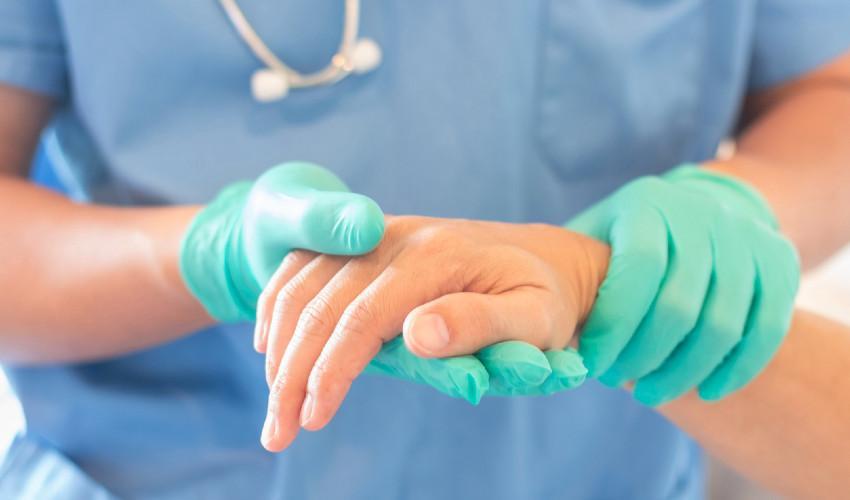
When Expert Knowledge is Not Enough, Solidarity and Sense of Duty Can Save the Day
THE CASE OF MEDICAL PROFESSIONALS CHALLENGED BY THE COVID PANDEMIC SHOWS WHAT STRATEGIES MAY BE ADOPTED WHEN EXPERTISE, KNOWLEDGE, AND EXPERIENCE CAN'T HELPDuring the first part of the COVID-19 pandemic, hospitals and medical professionals experienced an unprecedented situation of disarray. Not only was a critically large portion of the population hospitalized, but existing protocols and even the knowledge of doctors fell short of finding a cure for a disease nobody had seen before. In their last paper, which appeared in the Academy of Management Journal, Bocconi Professors Amelia Compagni and Giulia Cappellaro, together with Prof. Amit Nigam (University College of London), analyze how doctors coped with an unprecedented situation of knowledge disruption, where their medical expertise and experience did not offer any definitive help in finding a way to deal with the emergency.
However, the authors find that doctors, leveraging solidarity and a sense of duty, implemented a series of positive strategies that are shaping their ability to deliver care to patients even after the pandemic.
In many professions, knowledge is one of the most important determinants of the social structure, assigning prestige, rank and remuneration. In many cases, new theories and new schools of thought can create significant turmoil in both academic and professional environments. The struggle of the proponents of new theories is matched with the resistance posed by the old guard, causing a change to pre-existing equilibria. All these phenomena have been documented profusely by sociologists and management scholars. However, very little attention has been given to those moments when professionals are called to action in moments when the pre-existing body of knowledge cannot help in overcoming current crises.
In the case of COVID-19, medical professionals did not have any information that could help them find an appropriate cure. As the number of deaths increased, doctors and nurses felt hopeless and anguished, which could have easily led to further apathy in a profession where protocols, training and customary practices enforce impersonality, objectivity and a rigid emotional separation between doctors and patients.
Yet, from a large body of Italian documents, correspondence and interviews, the authors find that doctors mutated their habits considerably to adapt to an environment where pre-existing knowledge was not as useful as it was in the past. The severity of the crisis elicited feelings of solidarity and a sense of duty in the medical professionals under study. Trying to be helpful despite the lack of knowledge regarding the disease, doctors engaged in a larger set of service-oriented activities directed towards patients and the overall management of the hospital, such as maintaining the correspondence with the families. As the reliance on medical knowledge diminished, the rigid hierarchical divide between young professionals and established doctors became blurred, and treatment decisions were taken together with doctors belonging to different specialties. In addition, the pre-existing barrier of impersonality between physicians and patients broke down, delivering greater emotional correspondence between the two counterparts.
Hence, Compagni, Cappellaro, and Nigam found that once doctors realized the limits of their knowledge regarding COVID-19, they did not necessarily fall back on the apathy and the emotional detachment needed to cope with dread and helplessness. On the contrary, they could leverage their feelings of care, solidarity and work ethic to implement new positive strategies that are dramatically different from pre-existing behavioral patterns and seem to persist even after the crisis has passed. Impersonality has given way to a more humane and empathic doctor-patient relationship. The partial disappearance of differences in seniority resulted in a collaborative environment that benefits from the cooperation among professionals at different stages of their careers. Lastly, barriers across medical specializations have also been substantially abated, allowing for a more collegial diagnostic process informed by multiple fields of medical research.
Amelia Compagni, Giulia Cappellaro, Amit Nigam, “Responding to Professional Knowledge Disruptions of Unmitigable Uncertainty: The Role of Emotions, Practices, and Moral Duty among COVID-19 Physicians.” In-Press, Academy of Management. DOI: https://doi.org/10.5465/amj.2022.0697
by Umberto Platini
